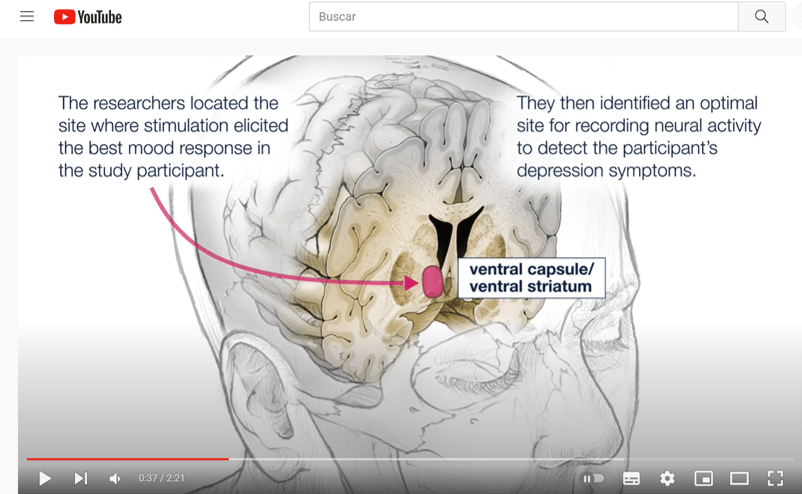Posts Tagged ‘neural biomarker’
On physical activity, neuroplasticity, depression, screen time, neuromodulation and more
Welcome to a new edition of SharpBrains’ e‑newsletter, featuring this time eight scientific reports and industry resources plus a few fun brain teasers. #1. Study finds ultimate hack to protect teen brains from harmful screen time: Exercise (and good role-modeling): “Girls who spent less than an hour on screens and boys who spent less than…
Read MoreStudy: Personalized, closed-loop neuromodulation can (one day) become a “pacemaker for the brain”
Treating Severe Depression with On-Demand Brain Stimulation (UCSF press release): UCSF Health physicians have successfully treated a patient with severe depression by tapping into the specific brain circuit involved in depressive brain patterns and resetting them using the equivalent of a pacemaker for the brain. “This study points the way to a new paradigm that is…
Read More

